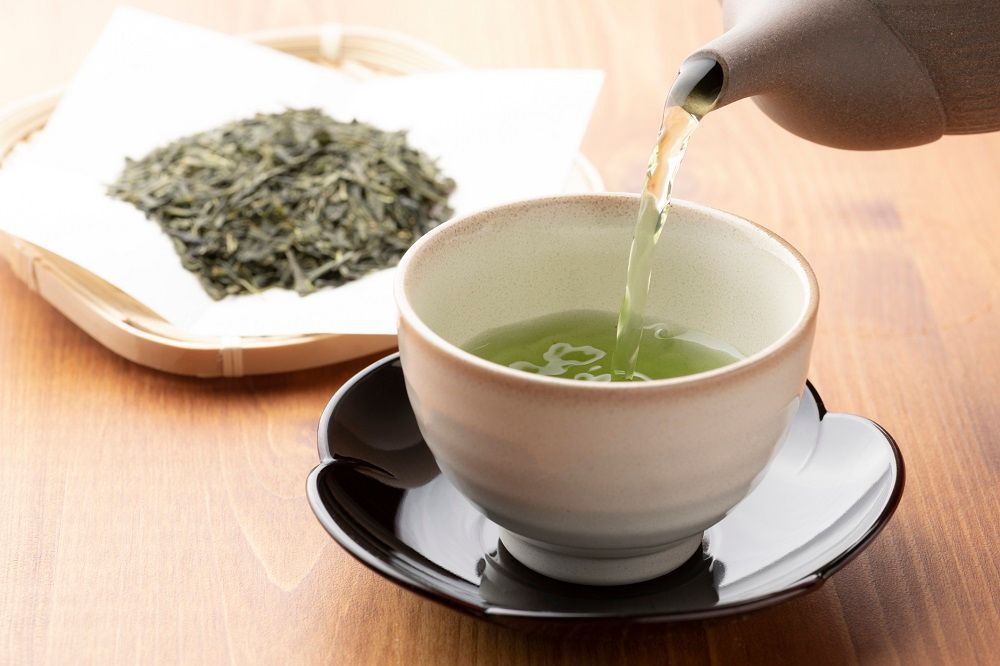Green tea is a trendy beverage that differs from traditional black tea because the leaves it is made from have not oxidized. As a result, you see a lighter appearing and tasting drink that comes with wellness benefits. Research suggests that green tea enhances blood pressure, digestion, and mental alertness.
This beverage can provide you with oral health advantages as well thanks to its antioxidants. But if you do not pay attention, you could see a negative impact on your smile. Read on to learn more about the effects that green tea can have on your dental health.


Antioxidants Protect Gum Health
Antioxidants are naturally occurring compounds that fight toxins within the body that might otherwise harm your cells. Eating and drinking items that have antioxidants can lower your risk of developing certain health problems, which include oral infections like gum disease.
More specifically, antioxidants will reduce the more harmful effects of the body’s inflammatory response. Inflammation from health concerns like heart disease may result in irritation and swelling affecting other parts of the body. Gum disease will have a similar impact, so antioxidants will help with those symptoms too.
Symptoms of gum disease include swelling, bleeding, and soreness in the gum tissue caused by infection. As the disease advances, bacteria will eat away at your teeth and jawbone, which can leave you with major dental damage like tooth loss.
A dentist will need to give you periodontal therapy to get rid of gum disease for good. Green tea alone can cure you of this infection.
But consuming antioxidants can alleviate discomfort from this disease. It may also help with preventative periodontal care. Do not hesitate to let your dentist know about any concerns you have about your gum health.
Pay Attention to Your Smile When Drinking Green Tea
Though green tea will help you maintain healthy gums, this beverage could also harm your dental health. Pay attention to your smile as you drink green tea to avoid lasting dental damage.
Green tea has a lighter color than black tea, but it still contains tannins that contribute to its color. These substances transfer to your teeth, absorbing into the enamel to leave stains on the surface of the teeth. This dental discoloration will not go away with your usual oral hygiene routine, so look out for signs of yellowing or staining.
Green tea might also have added sugar to enhance its flavor. Though you might enjoy a sweet drink, sugar can famously hurt your teeth. This could make you have a higher risk of cavities, therefore negating the positive effects it would otherwise hold for your smile.
Check the ingredients of your green tea to make sure you do not consume too much sugar. While a dentist can treat cavities within one dentist appointment, you should prioritize protecting the natural structure of your smile for as long as you can. Visit your dentist for more preventative dental care and advice.
